The first time was in 2013, the National Assembly took a vote of confidence on 47 people. In 2014, the National Assembly took a second vote of confidence on 50 people. In 2018, the National Assembly took a vote of confidence on 48 people. Taking a vote of confidence will contribute to improving the quality and efficiency of the State apparatus, assessing the prestige and results of performing the assigned tasks and powers of those who are voted on to continue to strive and practice...
Improve the quality and efficiency of state apparatus operations
At the 6th session, the 15th National Assembly spent 1.5 days to conduct a vote of confidence for those holding positions elected or approved by the National Assembly. Accordingly, the National Assembly conducted a vote of confidence for positions and discussed from the afternoon of October 24 and October 25.
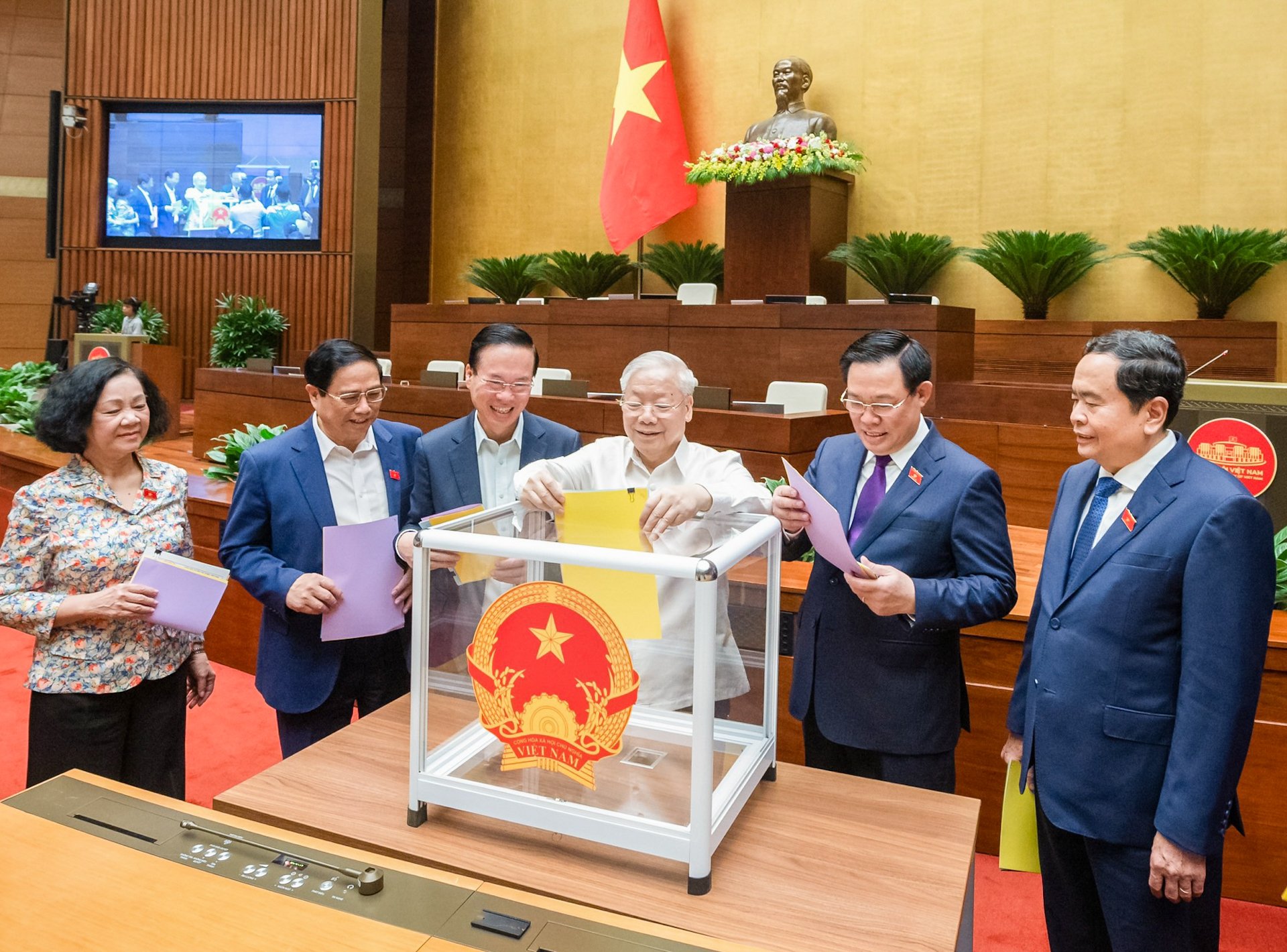
Party and State leaders cast a vote of confidence. Photo: toquoc.vn
According to Resolution 96, the National Assembly took a vote of confidence for the positions elected and approved by the National Assembly, including: President, Vice President; Chairman of the National Assembly, Vice Chairman of the National Assembly, member of the National Assembly Standing Committee, Chairman of the Council of Nationalities , Chairman of the National Assembly Committee, Secretary General of the National Assembly; Prime Minister, Deputy Prime Ministers, Ministers, other members of the Government; Chief Justice of the Supreme People's Court, Chief Prosecutor of the Supreme People's Procuracy and State Auditor General.
Thus, the total number of positions elected and approved by the National Assembly is currently 49 people. However, Resolution 96 also stipulates that those who have announced their retirement or are elected or approved in the year of the vote of confidence are not subject to the vote of confidence.
Accordingly, there are 5 cases that will not be voted on this time because they were newly elected and approved by the National Assembly in 2023, including: President Vo Van Thuong, Deputy Prime Minister Tran Hong Ha, Deputy Prime Minister Tran Luu Quang, Minister of Natural Resources and Environment Dang Quoc Khanh and Chairman of the National Assembly's Finance and Budget Committee Le Quang Manh.
Of the 44 people who were voted on for confidence, 2 people were voted on for the 4th time; 12 people were voted on for the 2nd time and 30 people were voted on for the first time.
Deputy Head of the Delegation Work Committee Ta Thi Yen said that with the new regulation, the results of the vote of confidence will no longer be just for reference, but will be the basis for evaluation, planning, mobilization, appointment, introduction of candidates, dismissal and implementation of regimes and policies for officials.
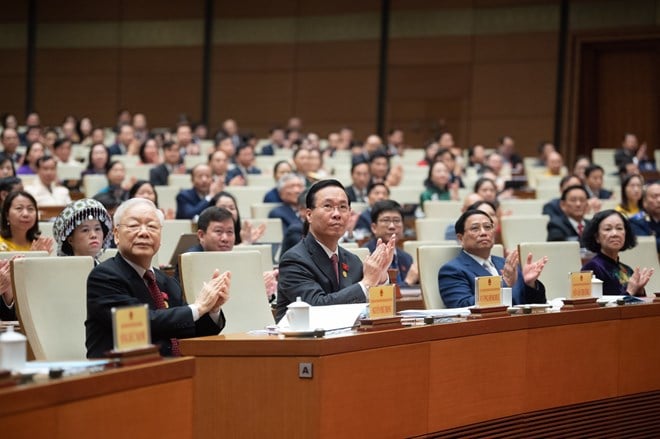
Ms. Yen acknowledged that the current basis for assessing the level of trust is also stricter than before, when the criteria for assessing trust also considered the exemplary role, not only of the person being voted on, but also of their spouse and children in complying with the State's policies and laws.
In particular, the basis for taking a vote of confidence is not only related to the results of performing assigned tasks and powers, but also takes into account dynamism, innovation, creativity, decisiveness, daring to think, daring to do, daring to take responsibility in performing assigned tasks and powers...
In his opening speech at the session on the morning of October 23, National Assembly Chairman Vuong Dinh Hue said that the vote of confidence is an important method of supervision, demonstrating the National Assembly's recognition and assessment of the efforts, attempts and work results since the beginning of the term of those whose votes were cast.
Therefore, National Assembly Chairman Vuong Dinh Hue suggested that each delegate should promote a high sense of responsibility towards the country, the State organization and apparatus, and make fair, objective and accurate assessments in voting for each position elected and approved by the National Assembly.
Promote the sense of responsibility of civil servants
One of the criteria given by National Assembly Deputies before taking a vote of confidence is that the evaluation of the minister must be compared to the previous vote to see if there have been any breakthroughs.
Speaking before the vote of confidence, National Assembly Delegate Trinh Xuan An (full-time member of the National Defense and Security Committee) said that this vote of confidence took place in a more special context than the previous ones, especially when the story of officials avoiding responsibility and fearing mistakes is widespread and the requirement of "dare to think and dare to do" is very strong and drastic.
Assessing the importance of the vote, Mr. An said that, in addition to following the procedure, this vote of confidence also shows the highest appreciation of the National Assembly for important positions in the country. He hopes that through this vote of confidence, it will create a widespread effect in promoting the sense of responsibility of the team of civil servants, especially raising the spirit of daring to think and dare to do, handling difficult tasks, things that the country and people expect. According to him, the evaluation of cadres will basically overcome formality, because before taking a vote of confidence, the positions being voted on must carry out many steps, including reporting the results of activities.
The National Assembly delegates spent time studying many reports on the results of the positions that were voted for. Mr. An informed that the reports were very frank in their assessment of what had been done and what had not been done. In addition, the declaration of assets of officials will also be closely reviewed and evaluated, especially after the recent incident where a leader was disciplined for violations related to asset declaration.
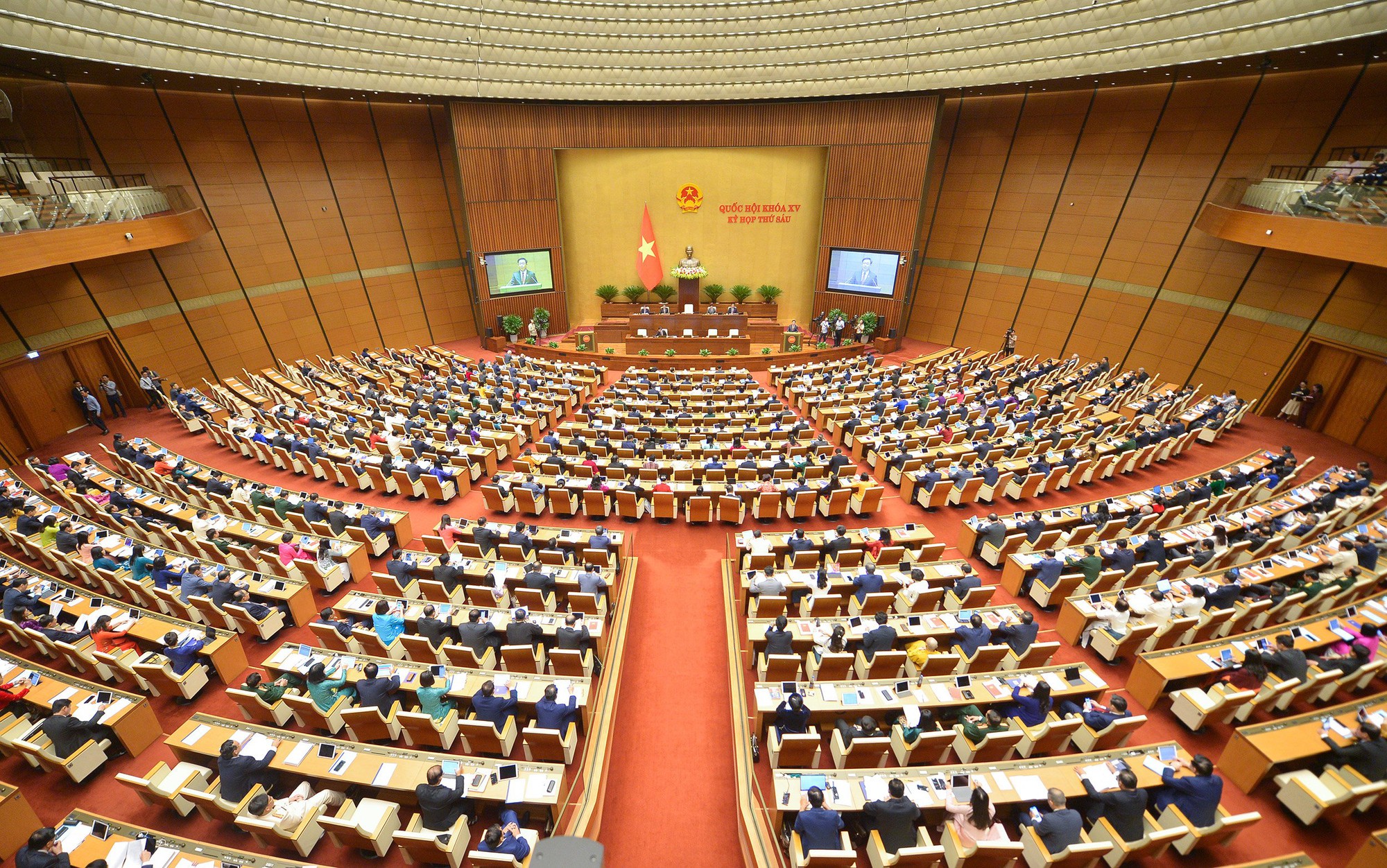
Emphasizing the requirement that the vote of confidence must be substantial to be effective, Vice Chairman of the Culture Committee Ta Van Ha said that to achieve this goal, first of all, the ballot must be of "quality". Mr. Ha said: " A quality ballot is a fair and accurate ballot and must demonstrate the seriousness and courage of the person writing the vote of confidence. To do so, you must have information and a full basis to evaluate objectively, impartially, and responsibly towards the person being voted for through each ballot " - Mr. Ha emphasized.
Mr. Ha also noted that the evaluation of the work results of those who are voted for must be thorough, thorough and comprehensive. Because there are areas and issues that are complex and require certain changes, but the level of change must be consistent in state management, in investment, or in direction from the central to local levels, such as in the fields of education, culture, etc. For the evaluation of ministers, we must compare the previous voting with this time to see if there are any changes. As for the new "commander", we must see what breakthroughs he has made since "sitting in that chair"...
National Assembly deputies must evaluate objectively, impartially, and multi-dimensionally. If general criteria are used without taking into account the specific conditions of each person and each field, it will be difficult to achieve fairness and objectivity.
Khanh An
Source







![[Photo] Binh Trieu 1 Bridge has been completed, raised by 1.1m, and will open to traffic at the end of November.](https://vphoto.vietnam.vn/thumb/1200x675/vietnam/resource/IMAGE/2025/10/2/a6549e2a3b5848a1ba76a1ded6141fae)


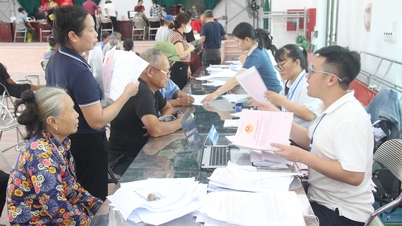






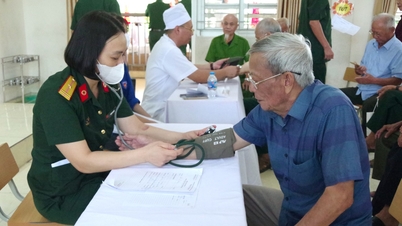








































































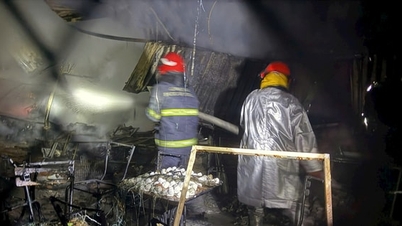















Comment (0)